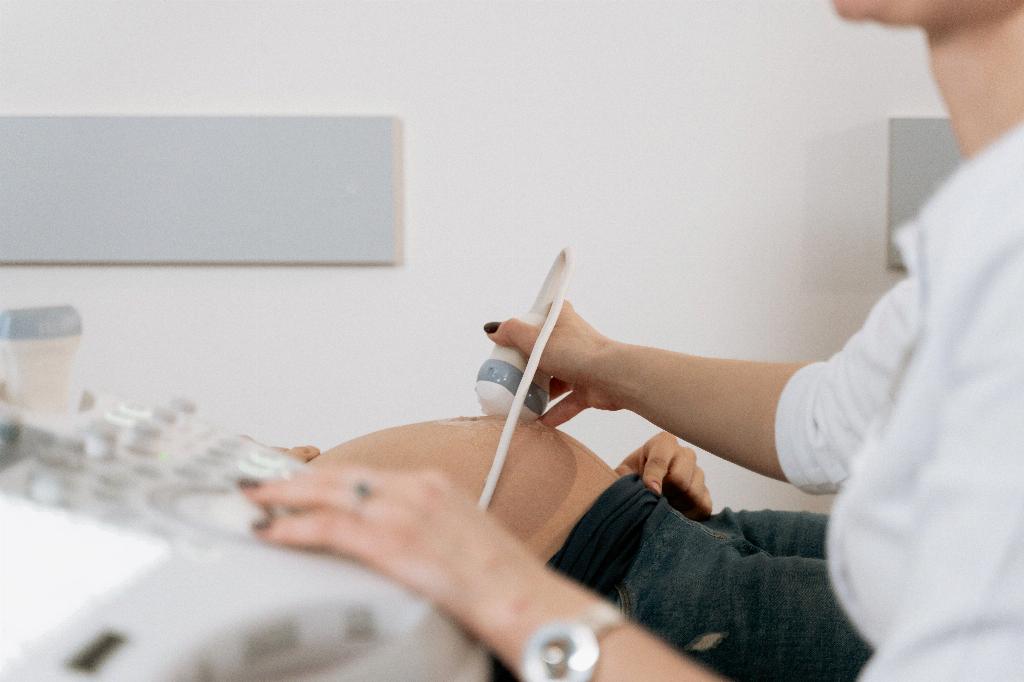When it comes to taking a pregnancy test, the results can sometimes be confusing and may vary based on several factors. One common scenario that many individuals experience is getting a positive pregnancy test in the afternoon, only to find a negative result the next morning. This inconsistency in test results can be puzzling and may raise concerns about the accuracy of the tests.
Factors Affecting Test Results
There are several factors that can influence the outcome of a pregnancy test, including the time of day the test is taken. Hormone levels in the body, specifically human chorionic gonadotropin (hCG), which is produced during pregnancy, can fluctuate throughout the day. This hormone is what the pregnancy test detects to determine whether you are pregnant or not.
Impact of Fluid Intake
One key factor that can lead to a positive pregnancy test in the afternoon and a negative result the next morning is the intake of fluids. Throughout the day, individuals tend to consume liquids, which can dilute the levels of hCG in their urine. As a result, the concentration of the hormone may be lower in the morning, leading to a negative test result.
Variability in Hormone Levels
It is important to note that hormone levels in the body are not static and can vary due to various factors. In early pregnancy, hCG levels typically double every 48 to 72 hours, leading to fluctuations in the hormone concentration. These fluctuations can impact the accuracy of pregnancy tests, especially when testing at different times of the day.
Testing Recommendations
For individuals who experience a positive pregnancy test in the afternoon and a negative result the next morning, it is advisable to wait a few days and retest. Waiting a few days can allow hCG levels to increase and provide a more accurate result. Additionally, it is recommended to use first-morning urine for the test, as it tends to be more concentrated and may yield more accurate results.
Considerations for Accuracy
When interpreting pregnancy test results, it is essential to consider the factors that can affect the accuracy of the test. Inconsistencies in test results can be influenced by various elements, such as hormone fluctuations, fluid intake, and the timing of the test. Understanding these factors can help individuals make informed decisions about their pregnancy test results.
Consulting a Healthcare Provider
If you have concerns about the accuracy of your pregnancy test results or experience conflicting outcomes, it is advisable to consult a healthcare provider. Healthcare professionals can provide guidance, perform additional tests if necessary, and offer support and advice regarding your pregnancy status.
Emotional Impact
Experiencing fluctuations in pregnancy test results can be emotionally challenging and may cause anxiety and uncertainty. It is essential to take care of your emotional well-being during this time and seek support from loved ones or healthcare professionals if needed. Remember that it is normal to feel a range of emotions during the pregnancy testing process.
Importance of Patience
Patience is key when navigating the uncertainties of pregnancy testing. Waiting for a few days before retesting can help provide a clearer picture of your pregnancy status and prevent unnecessary stress. Keeping a positive outlook and practicing self-care can aid in coping with the emotional rollercoaster that often accompanies pregnancy testing.
Final Thoughts
In conclusion, the phenomenon of a positive pregnancy test in the afternoon turning negative the next morning is not uncommon and can be attributed to fluctuations in hormone levels and fluid intake. Understanding the factors that can influence test results and seeking guidance from healthcare providers can help individuals navigate the uncertainties of pregnancy testing with confidence and clarity.

